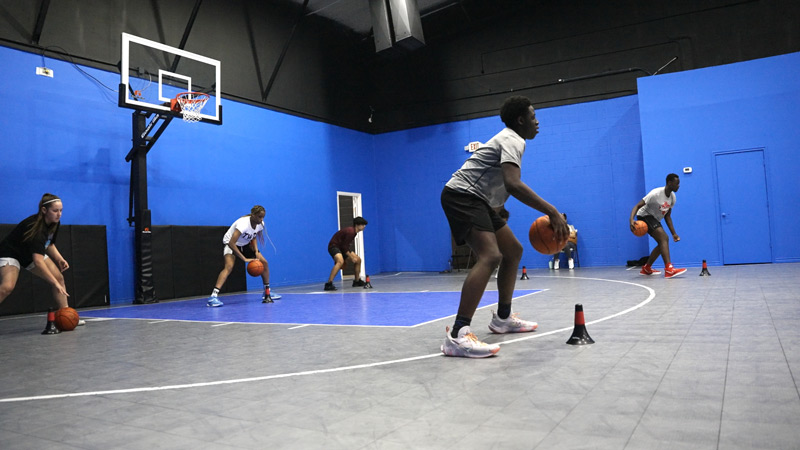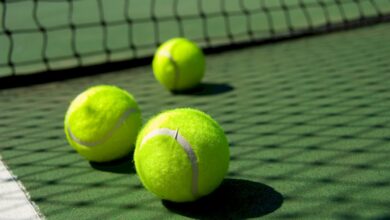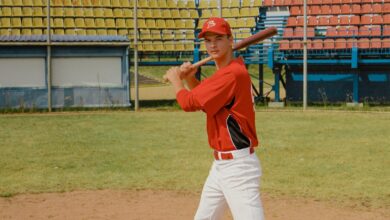Rest and Recovery in Youth Basketball
In the realm of basketball player development, a crucial yet often overlooked aspect is rest and recovery. While training, drills, and practice games are integral to honing skills, the importance of allowing young athletes’ bodies and minds to recuperate cannot be overstated. This holistic approach to training not only enhances performance but also minimizes the risk of injuries, ensuring a longer and healthier sporting journey.
Rest is essential for athletes, especially young ones. Basketball requires running, jumping, and sudden directional changes, which strains muscles, tendons, and joints. Adequate rest helps various bodily components recuperate from strain. Sleep is vital. The body repairs and recovers during sleep. Growth hormones help muscular growth and recuperation throughout this time. Getting young athletes ample quality sleep is key to effective training programs.
Recovery goes beyond rest. A well-rounded training regimen requires active recuperation. Light running, swimming, or walking can maintain cardiovascular fitness while resting basketball’s key muscular groups. Activities that improve blood flow assist muscles remove waste and reduce discomfort.
Nutrition is also important for recuperation. Basketball burns calories and breaks down muscle. Restoring these stores and building muscle requires a balanced diet of carbs, proteins, and lipids. Hydration matters too. Losing even a small amount of water might hurt performance. Young athletes should learn to stay hydrated before, during, and after games and training.
Both physical and mental rehabilitation are crucial. Competitive basketball is mentally demanding. Pressure to perform, fear of failure, and intense focus during games and training can cause mental tiredness. Young sportsmen need hobbies, family time, and relaxation to detach from the sport. Balance, stress reduction, and burnout prevention are achieved by these activities.
Injury prevention and management are crucial to rehabilitation. Coaches and trainers should watch for overuse injuries in basketball. Injury prevention requires regular medical checkups, correct warm-up and cool-down exercises, and safe training.
Finally, rest and recovery psychology must be addressed. Providing a safe space for young athletes to rest without worry of falling behind or appearing uncommitted is crucial. They must realize that rest and recovery are crucial to a good training program, not evidence of weakness.
Rest and rehabilitation are essential to basketball player growth. Young basketball players need relaxation, active recovery, correct nutrition, hydration, mental recovery, injury prevention, and a supportive environment. Training smarter, not harder, helps young athletes achieve at their best while staying healthy.
Nutrition and Fueling for Young Athletes
Basketball player development emphasizes physical fitness and skill improvement. Nutrition is also vital to young athletes’ success. Good diet and fuelling provide energy and building blocks for development, strength, and endurance, which are essential for basketball performance.
Young athletes should have a balanced diet of carbs, proteins, and lipids. Intensive sports like basketball rely on carbohydrates. They fuel sprints, hops, and fast motions. Complex carbs in whole grains, fruits, vegetables, and legumes provide sustained energy for a full game or hard training session.
Protein is essential for muscle repair and growth. Muscles need protein to repair and grow after heavy exercise. Protein-rich foods include lean meats, poultry, fish, dairy, eggs, and beans and lentils. Young athletes need protein throughout the day, especially after workouts, to recuperate and build muscle.
Fats, often misunderstood and often demonized, are essential. They give focused energy and help young athletes absorb fat-soluble vitamins A, D, E, and K. Focus on avocados, nuts, seeds, and olive oil for healthy fats.
Hydration is important, especially in a physically demanding sport like basketball. Dehydration can impair performance, tiredness, and injury. To stay hydrated, young players should drink water all day, not just during practices and games.
Meal timing matters too. A balanced supper or snack in the hours before training or a game can power you. For maximum digestion and energy, this meal should be high in carbohydrates, moderate in protein, and low in fat. After exercise, focus on recovery. Consuming carbohydrates and protein within 30 minutes of workout can boost energy and muscle regeneration.
Young athletes’ diets should be rich in vitamins and minerals for energy production, muscle contraction, and injury prevention. These nutrients are usually found in fruits, vegetables, whole grains, lean meats, and healthy fats. Sometimes supplements are needed, but only under professional supervision.
Finally, a personalized strategy is crucial. The dietary needs of each athlete depend on their age, size, exercise intensity, and health. A sports nutritionist can help an athlete create a customized nutrition plan.
Besides the basics, a young athlete’s diet should include psychological factors. A good food relationship is essential. Young athletes should learn to eat for fuel, not reward or punishment. This perspective encourages healthy eating and prevents disordered eating.
Understanding cultural and personal dietary preferences is crucial. Young athletes need nutritious, culturally appropriate, and appealing meals. Encouraging family meal planning and preparation can make nutrition a fun and shared part of the athlete’s journey.
In conclusion, diet affects young basketball players in several ways. It includes macronutrients, micronutrients, hydration, meal timing, a tailored strategy, and a healthy food psychology. Proper nutrition is essential for young athletes’ health and performance.
For more valuable information visit our website.





